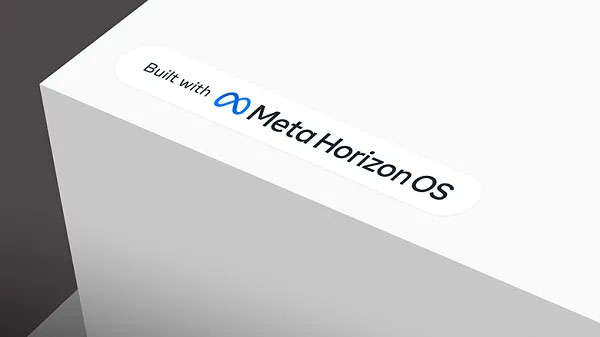Andrew Hutchinson
Source: www.socialmediatoday.com, April 2024
If Meta really wants its metaverse to take off, it needs to facilitate broad access, similar to the approach that it’s taken with its social apps.
For Meta, the real money comes from usage, and expanded audience access, and as such, it needs to get as many people as possible using its next-level tools, like its Quest VR headsets, to tap into the VR environment.
Which is why this is a significant update.
Today, Meta has announced that it’s opening up its Horizon OS, the operating system that powers its Quest units, to third party hardware partners, which will enable more companies to build devices that can link into Meta’s evolving VR offerings.
As per Meta:
“Meta Horizon OS is the result of a decade of work by Meta to build a next-generation computing platform. Developers and creators can take advantage of these technologies using the custom frameworks and tooling we’ve built for creating mixed reality experiences, and they can reach their communities and grow their businesses through the content discovery and monetization platforms built into the OS.”
The new platform will essentially enable third parties to build for Meta’s VR environment, which will not only expand the possibilities for users to link into the metaverse, but will also see more businesses build their next-level offerings on the back of Meta’s framework.
Which will boost the utility and value of the metaverse experience, in a range of ways.
Meta’s expanded partnerships will lead to new use-cases, new devices, and all new considerations for connection in VR.
And importantly:
“The Horizon social layer currently powering Meta Quest devices will extend across this new ecosystem. It enables people’s identities, avatars, and friend groups to move with them across virtual spaces and lets developers integrate rich social features into their apps. And because this social layer is made to bridge multiple platforms, people can spend time together in virtual worlds that exist across mixed reality, mobile, and desktop devices.”
That’ll essentially enable people to interact via their Meta avatars across variable experiences, which is a key element to building broader presence via these depictions.
According to Meta, Lenovo, Microsoft, and ASUS will be among its first partners for the expansion.
- ASUS will develop an all-new performance gaming headset
- Lenovo will develop mixed reality devices for productivity, learning, and entertainment
- Xbox and Meta are working together to create a limited-edition Meta Quest, inspired by Xbox
The opportunities within these three projects alone underline the potential for expansion that’s built into this announcement.
Now, Meta will become the backbone for many more next-level experiences, which will establish a new foundation for metaverse growth, based on external expertise, access and audience.

